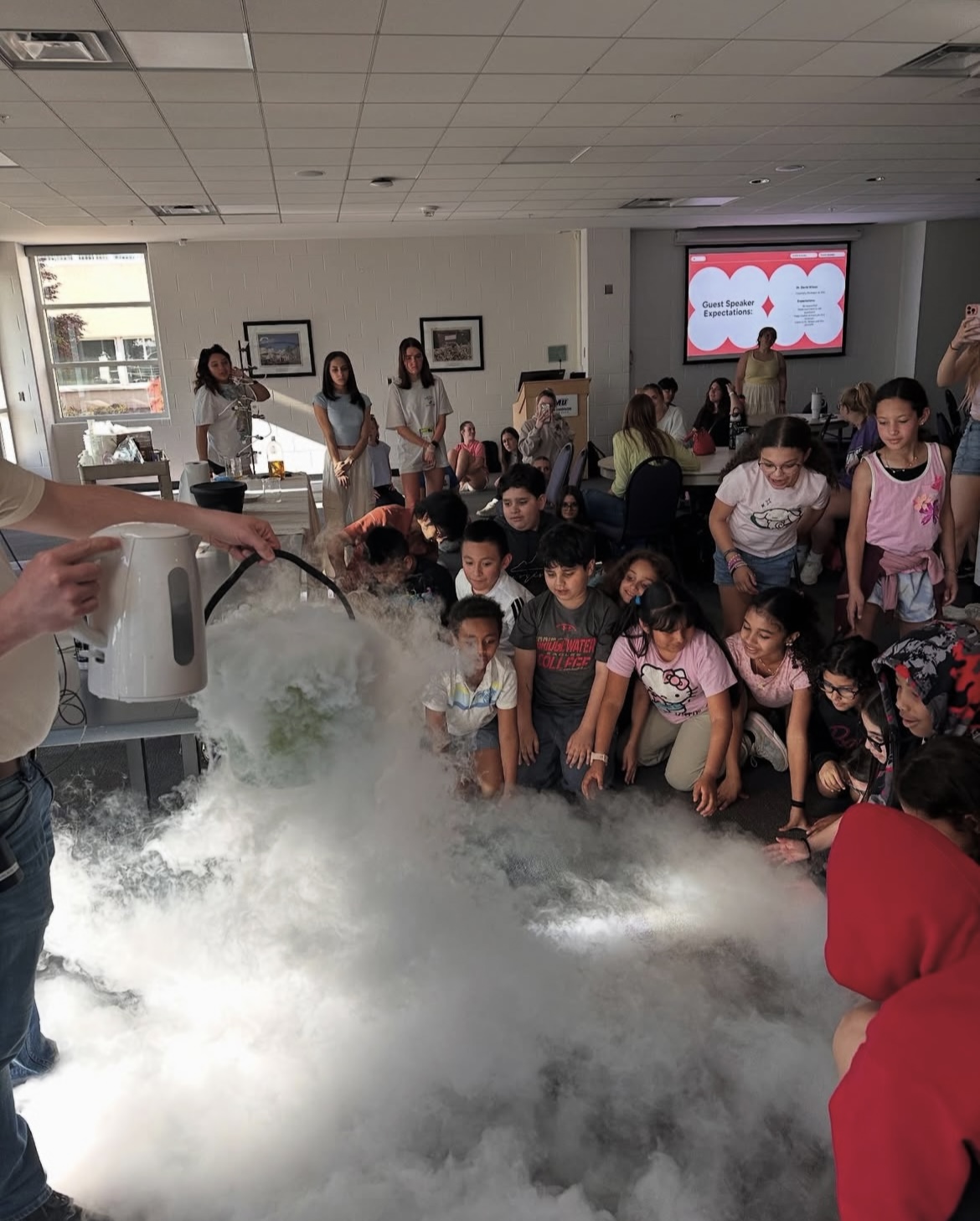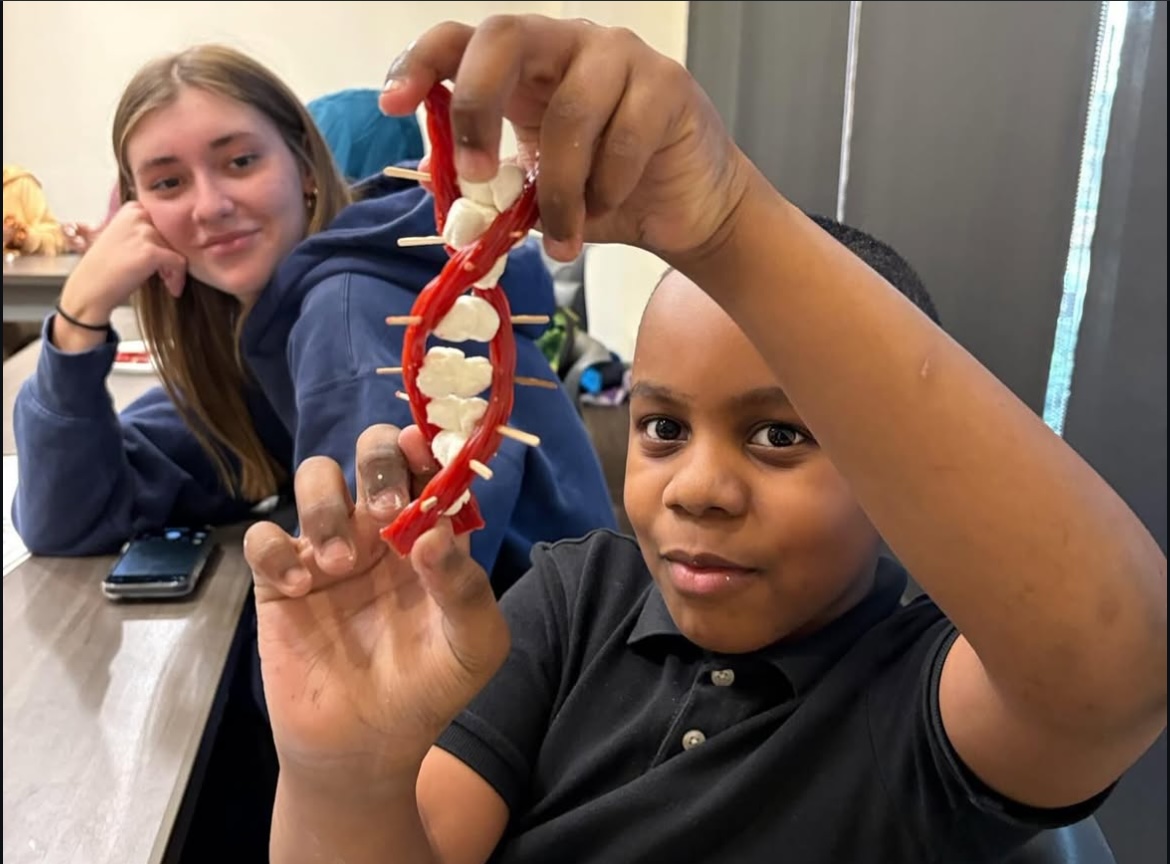
College Mentors for Kids Brings Elementary Students to Campus—and a Brighter Future
College Mentors for Kids is changing lives by connecting elementary school children with college student mentors in a one-of-a-kind, campus-based program. Through weekly on-campus visits, these “little buddies” are introduced to a world of opportunity, imagination, and aspiration. Each session is carefully crafted around experiential activities that explore higher education, careers, culture, diversity, and community service. The aim is simple but profound: to help children—often from underserved communities—see themselves as capable, valuable, and college-bound.
At Kars4Kids, we were pleased to provide a small grant to support the work of College Mentors for Kids. The organization stood out to us for the exceptional caliber of its dual-impact mentoring model, which empowers both the children and the college students who serve as their guides. By offering consistent, meaningful mentorship in an environment that fosters academic and social development, CMK is helping children graduate high school and pursue higher education—outcomes we wholeheartedly support.
Kars4Kids: How does College Mentors for Kids’ approach to pairing college student mentors with elementary-aged children align with your goals of fostering educational and personal growth in underserved communities? Why college student mentors in particular?
Maddie Stout: College Mentors has one program – our mentoring program. We are a dual-impact program because of the influential benefits for both college students as well as the youth we serve or “little buddies.” The College Mentors for Kids program was founded by two college students who saw the opportunity to connect kids in the community to college student mentors. College students provide a young adult perspective as they can understand what it was like to be a kid but also share how much they’ve learned in their lives already. The bond between our little buddies and mentors shines through each day we’re on campus!
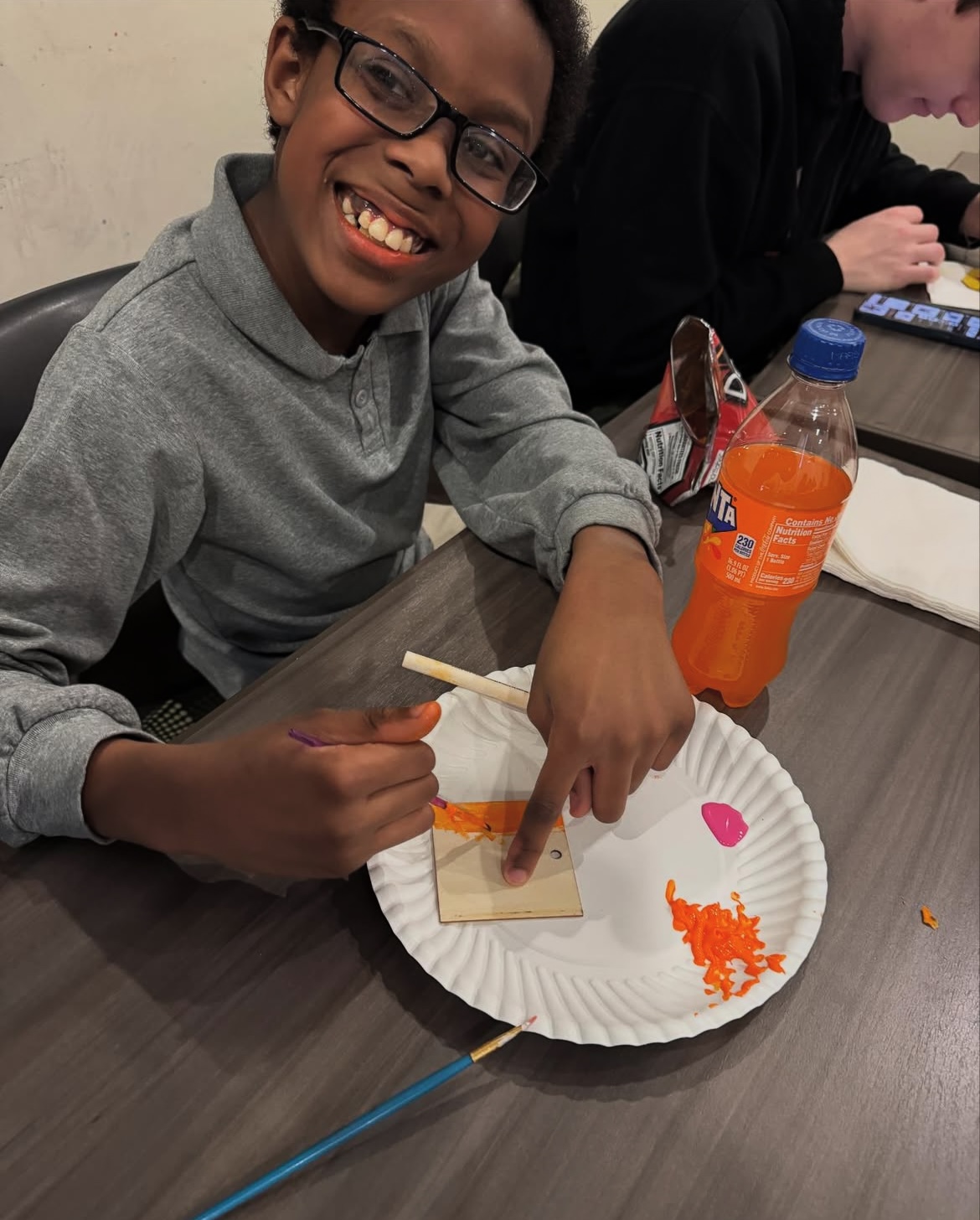
Kars4Kids: Your programs emphasize hands-on activities in areas like STEM, literacy, and culture. Can you describe some of the activities? How do you ensure these activities will be both fun and educational for young learners?
Maddie Stout: College Mentors for Kids activities fall under three curriculum pillars, higher education and career, culture and diversity, and community service. Each activity is planned and executed by college student leaders who utilize the unique resources of their campus to plan and execute hands-on activities for little buddies.
Chapter leaders utilize tools and trainings provided from our national office that guide each activity and help students to meet our criteria for success.
Some of our favorite activities from this past year were:
- Community Service – The University of Kentucky taught little buddies about community service by having them make Halloween cards for a nursing home and hosting a mock Shark Tank to develop their own service ideas
- Culture and Diversity – A Ball State professor led the little buddies and college students in an activity focused on various learning aids, devices and toys designed for individuals with disabilities.
- Higher Education and Career – The University of North Carolina at Charlotte chapter showcased the responsibilities of different healthcare professions and reinforced education requirements of these jobs.
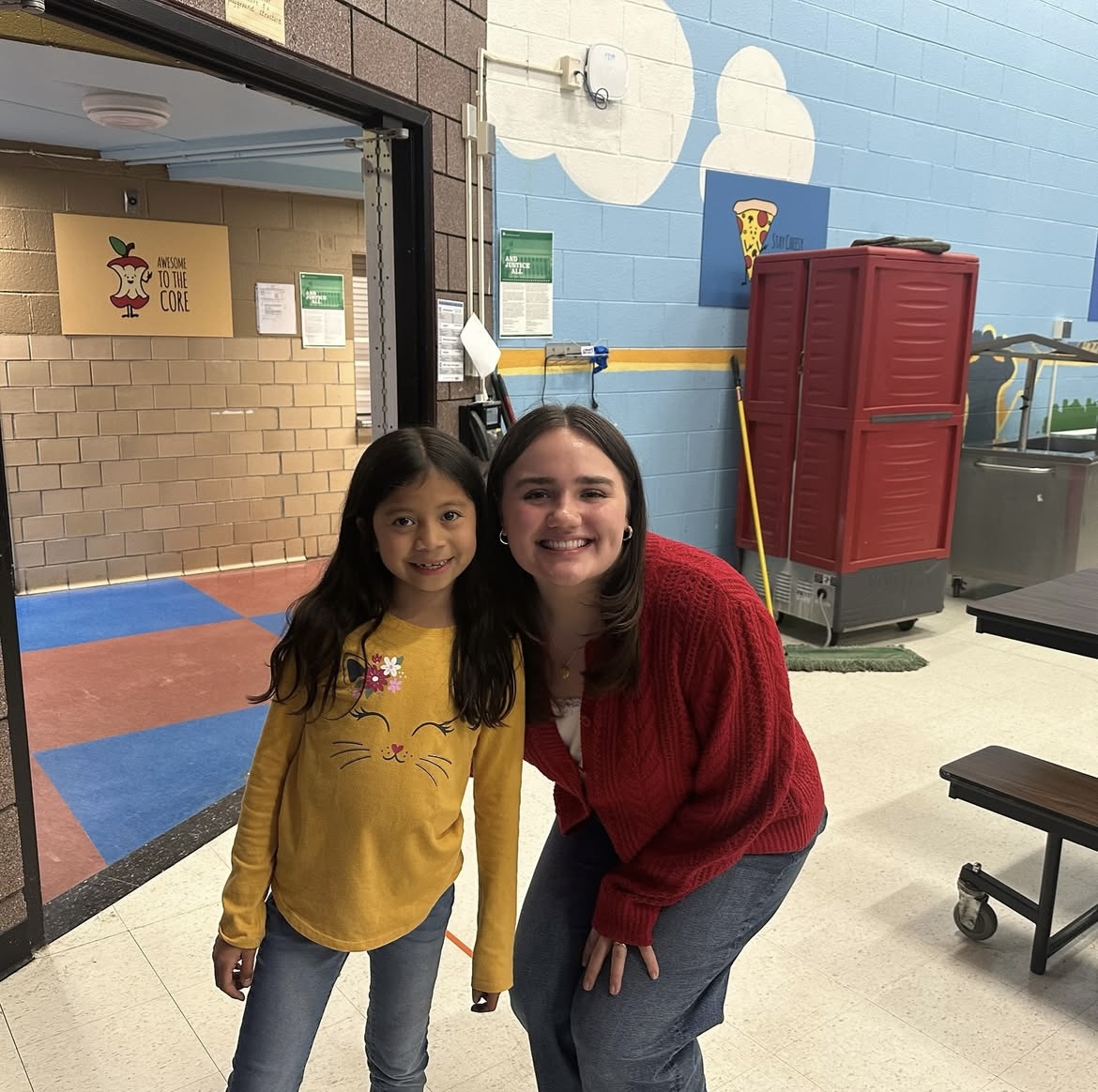

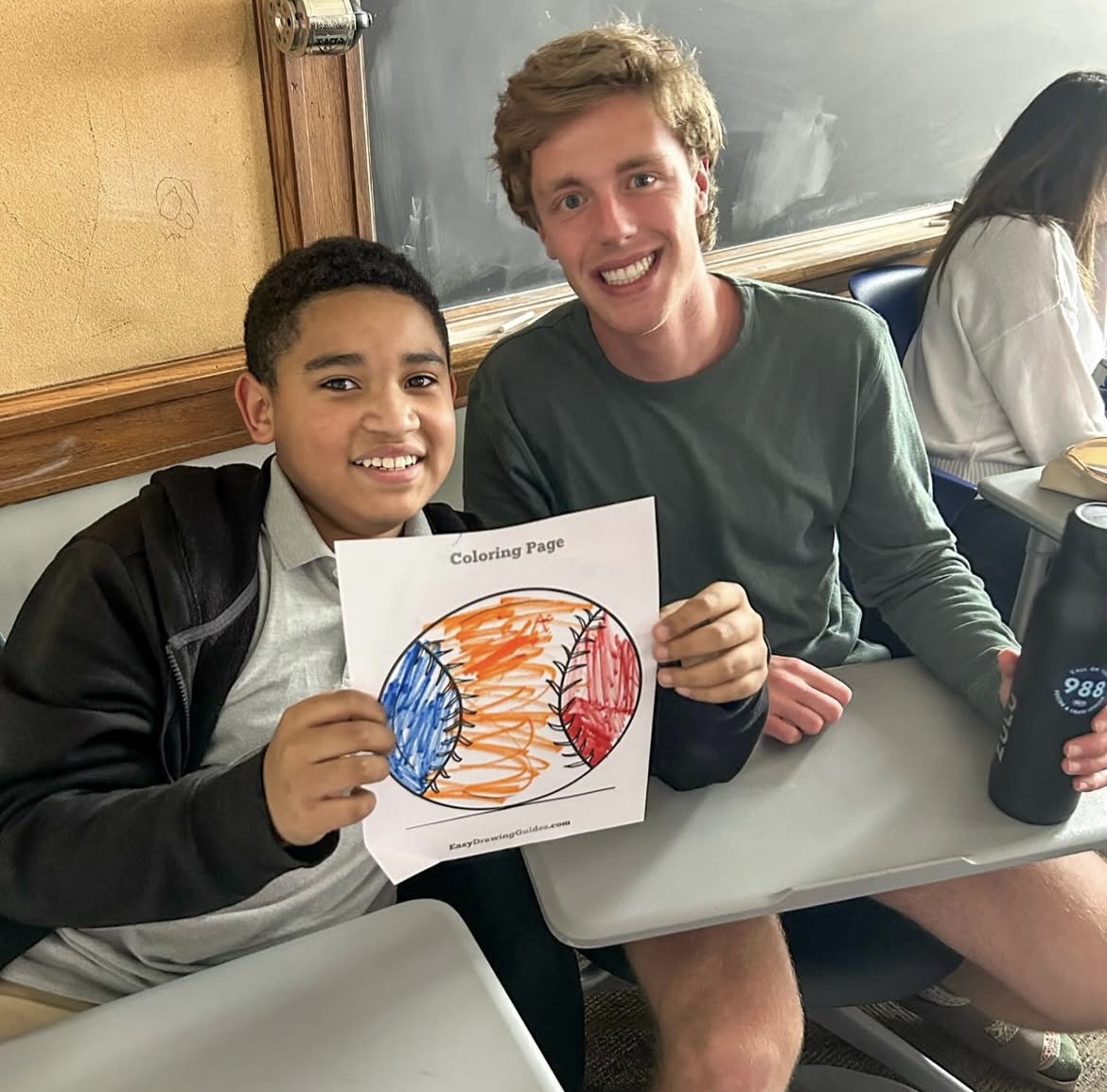
Kars4Kids: College Mentors for Kids was founded in 1996. Are there metrics available to show how many child participants went on to graduate high school, attend college, and earn a degree? Is that the ultimate hope for these kids? That they will be inspired to go to college?
Maddie Stout: Yes! In 2015 we worked with a research company to conduct a study on past little buddies. We found that 8 in 10 graduated from high school and pursued the path to higher education. 92% chose the path to higher education in the form of a college or university. Both results are higher than a comparative peer group.
Our vision is for all kids and college students to recognize their inherent value and enrich their communities. The College Mentors for Kids program structure sets up both little buddies and college student mentors to achieve this vision.
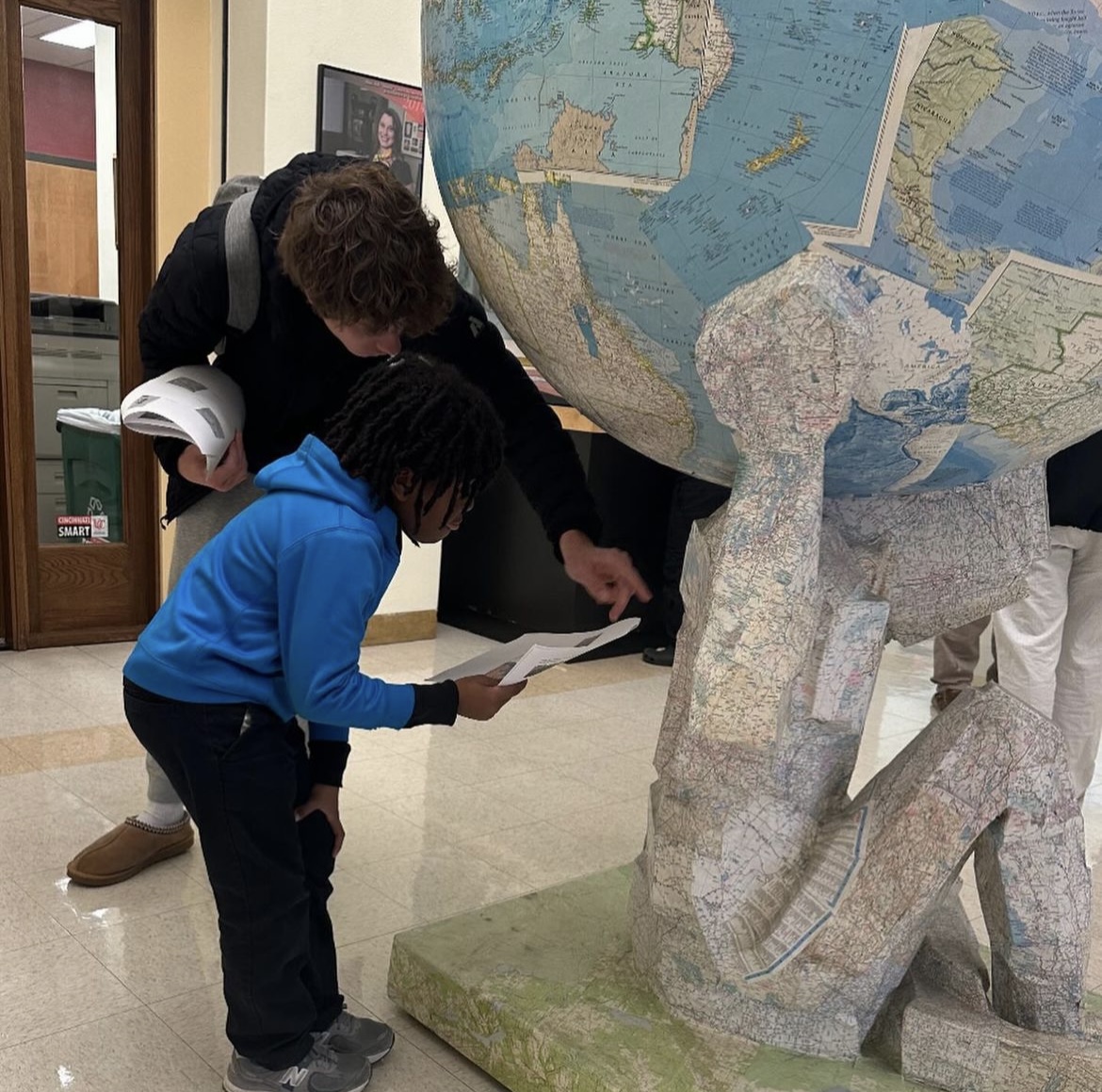
Kars4Kids: It’s easy to understand the impact of mentoring on the mentee. What about the impact on the mentor? Why should college students get involved with College Mentors for Kids?
Maddie Stout: College student volunteers dedicate on average 56 hours an academic year and our leaders dedicate significantly more time. Mentors in the program develop skills in emotional intelligence, leadership, civic engagement, and much more. College student leaders develop skills that directly relate to their future careers such as communication, professionalism, and problem-solving.
To our potential college student volunteers, why should you join?
College Mentors for Kids is more than an after-school program for our little buddies. The mentorship that you can provide supports the future of these little buddies. Many are experiencing college life through you as well as a college campus, for the first time. The activities that you participate in together show these kids the opportunities of the world—and you’re the one walking them towards that brighter future. For you this is not just giving back to the community, but these experiences and skills you will take with you will stay with you for years to come. Make an impact on your community today and join College Mentors for Kids.
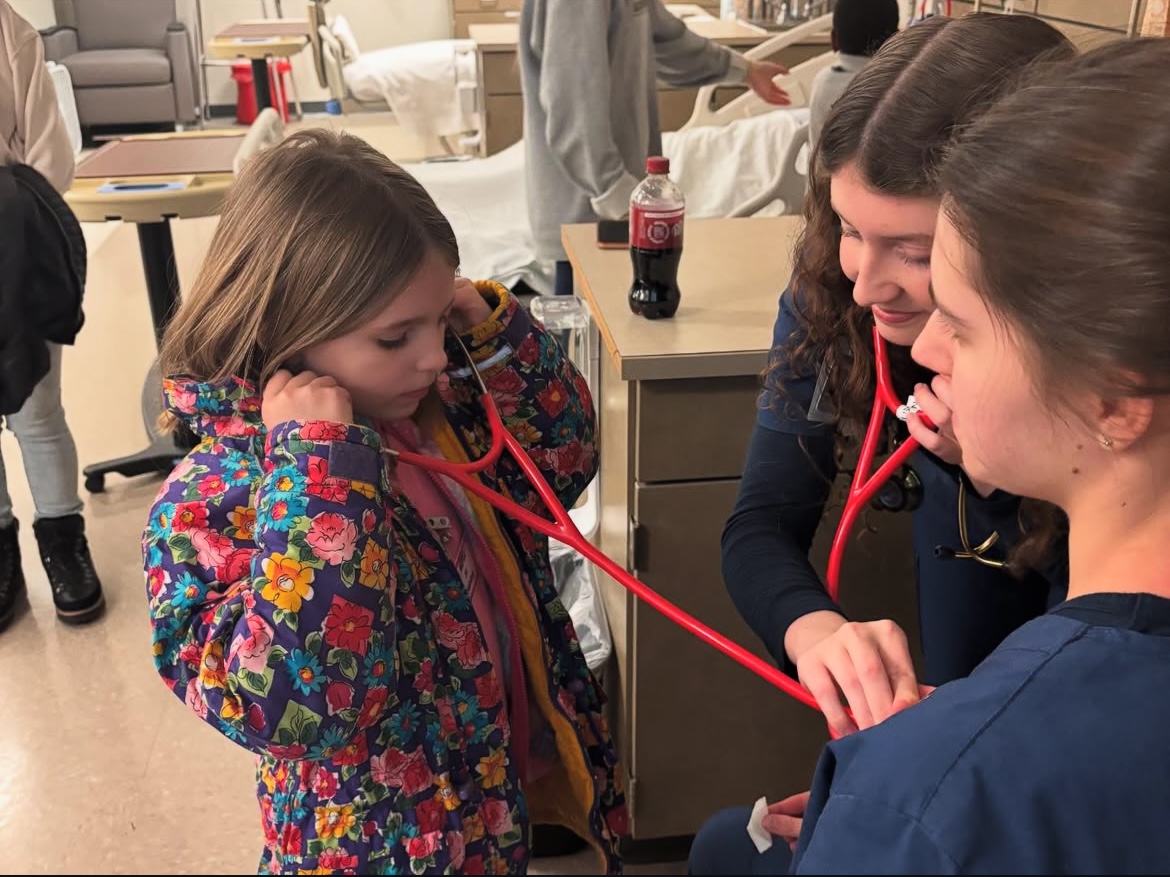
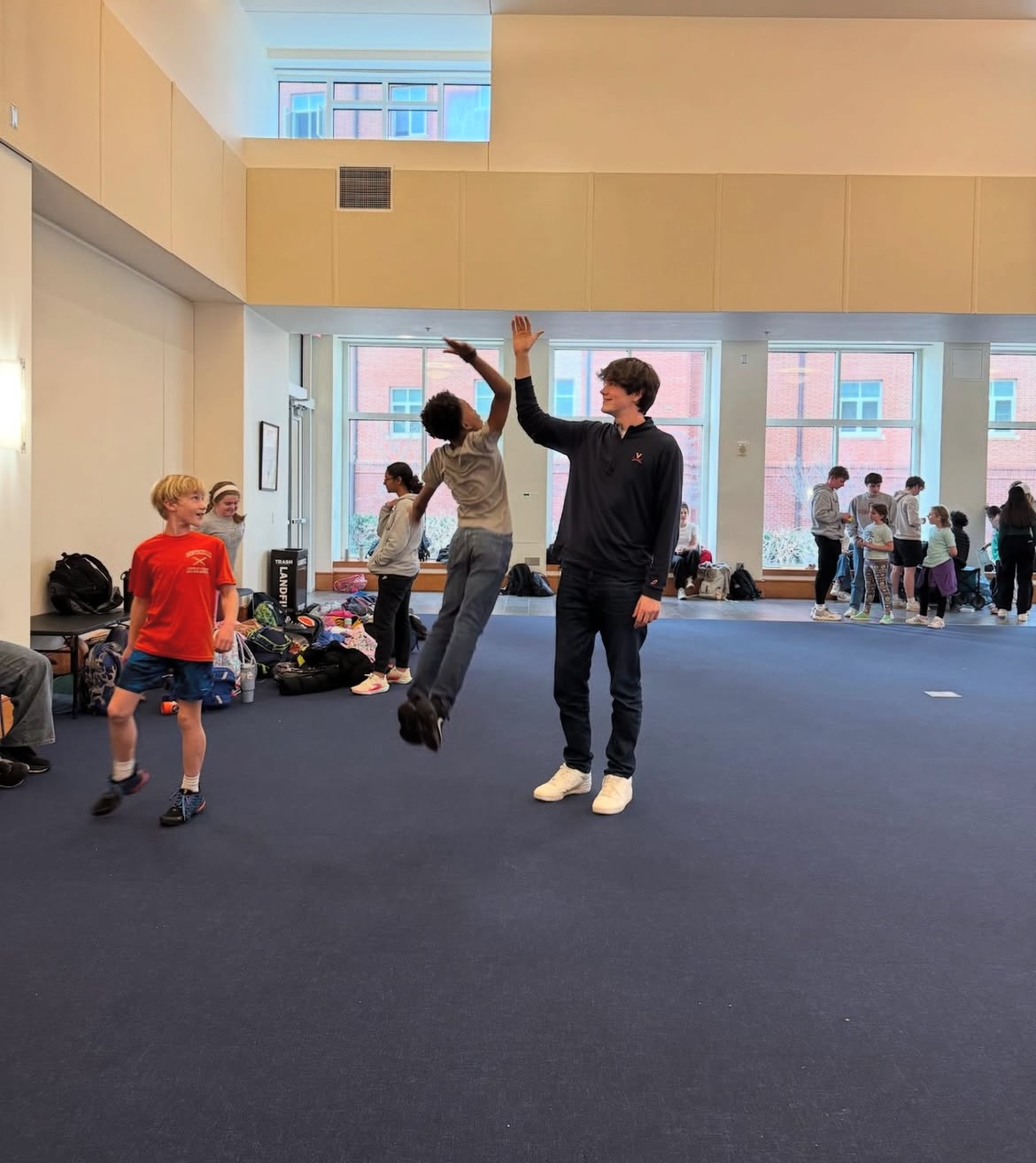
Kars4Kids: What is the current number of College Mentors for Kids chapters, and which states are they located in? What is the process for establishing new chapters?
Maddie Stout: College Mentors for Kids serves 29 chapters in 8 states (Indiana, Illinois, Kentucky, Michigan, Missouri, North Carolina, Ohio, and Virginia).
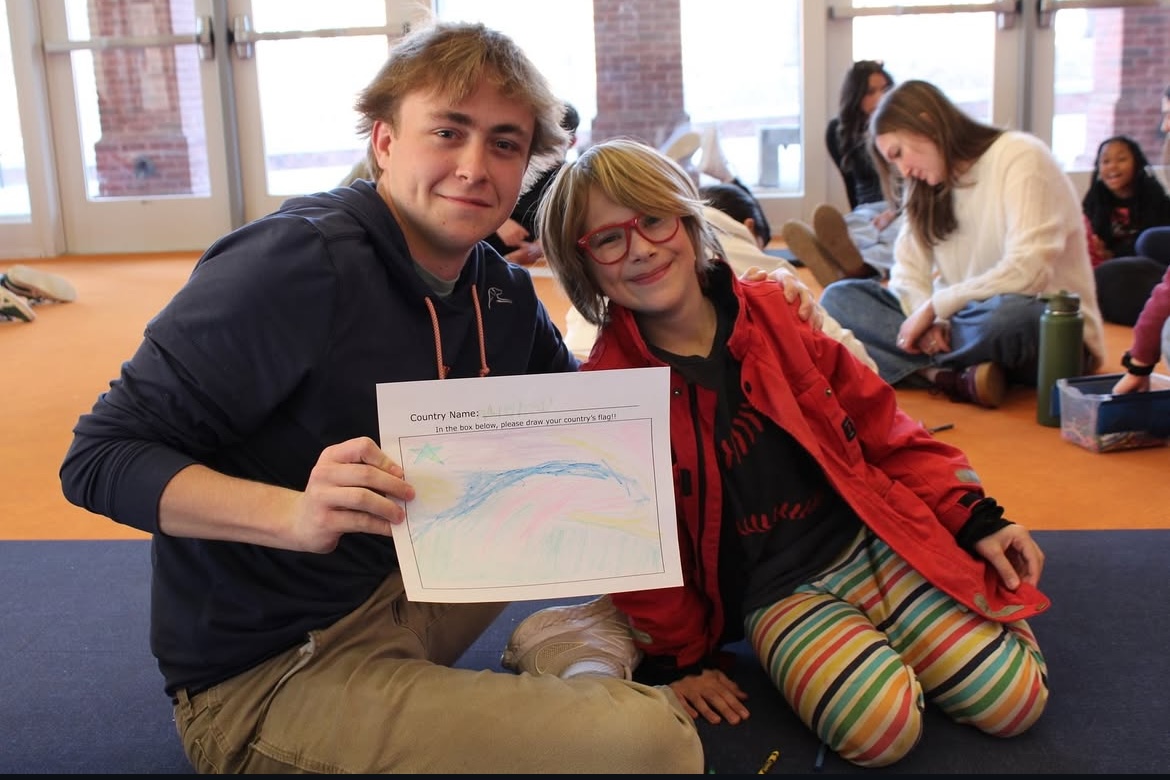
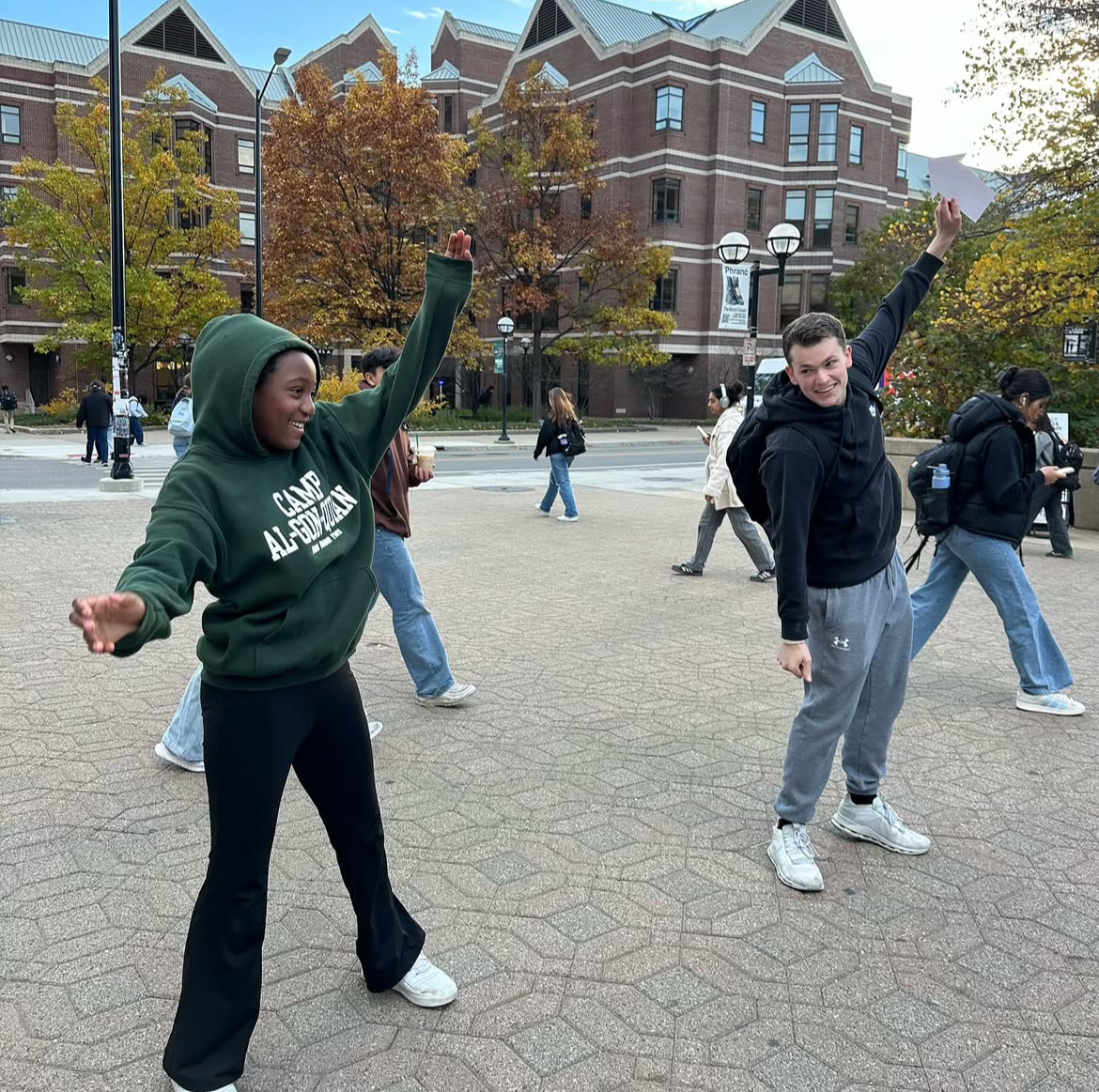
Kars4Kids: What’s next for College Mentors for Kids?
Maddie Stout: College Mentors is excited to be celebrating our 30-year program anniversary this year. What’s next is continuing to prioritize mentorship in the communities we serve and bringing more kids to a college campus.
